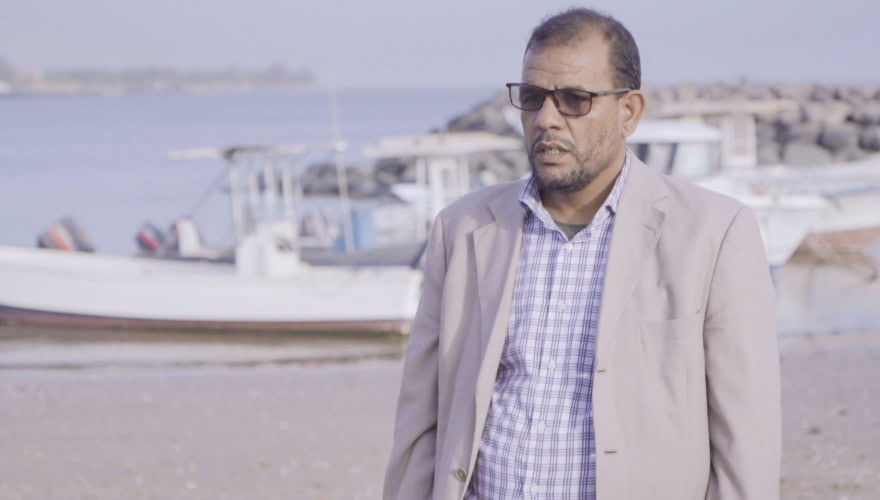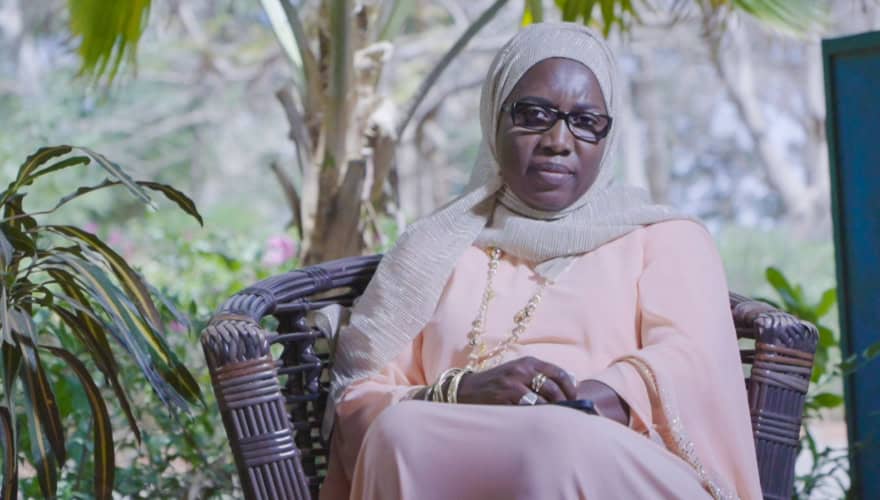The biggest country on the West African coast, Mauritania has abundant marine resources. Fishing is vital to the country’s economy, accounting for upto 10% of GDP, 50% of exports and supporting 55,000 jobs.
The Mauritania small pelagics fishery is of particular economic importance. The fishery targets mainly sardine (Sardina pilchardus), round sardinella (Sardinella aurita) and flat sardinella (S. maderensis), but also exploits a range of other small pelagics. Catch composition varies by season, vessel and year-to-year depending on oceanographic conditions, species availability and current regulations.

“I think the MSC Standard is very important to our current situation where our fisheries are in a state of maximum and overexploitation of the majority of species. We need to commit ourselves in our countries to manage our fishery resources at stock level for good resource management. This is not important, it is necessary.”
Institut Mauritanien de Recherches Océanographiques et des Pêches (IMROP), Mauritania
The fishery and its management framework have evolved rapidly in recent years. A new coastal fleet largely made up of modern purse seiners has developed to target small pelagics and the fishmeal industry is also expanding at pace in the country.
The Mauritanian fishery authority, the Mauritanian oceanographic and fisheries research institute (IMROP), the fishing industry represented by the Fisheries National Federation (FNP), and the MSC have joined forces to move the fishery towards robust management and long-term sustainability. The action plan aims to deliver several improvements: in quality, handling and management practices; in biological knowledge of target species; in understanding of the role of those species in the ecosystem; and in minimising impacts on other species, particularly those that are protected.

“Good fisheries governance requires transparency in the decision-making processes. If we cannot work together, we cannot take into account the interest of all parties involved in the fishery resource. If we do manage to work together, implementation of good fisheries management will be easy as we honour the interests of all stakeholders from the beginning.”
Partenariat Régional pour la Conservation de la zone côtière et Marine (PRCM)



